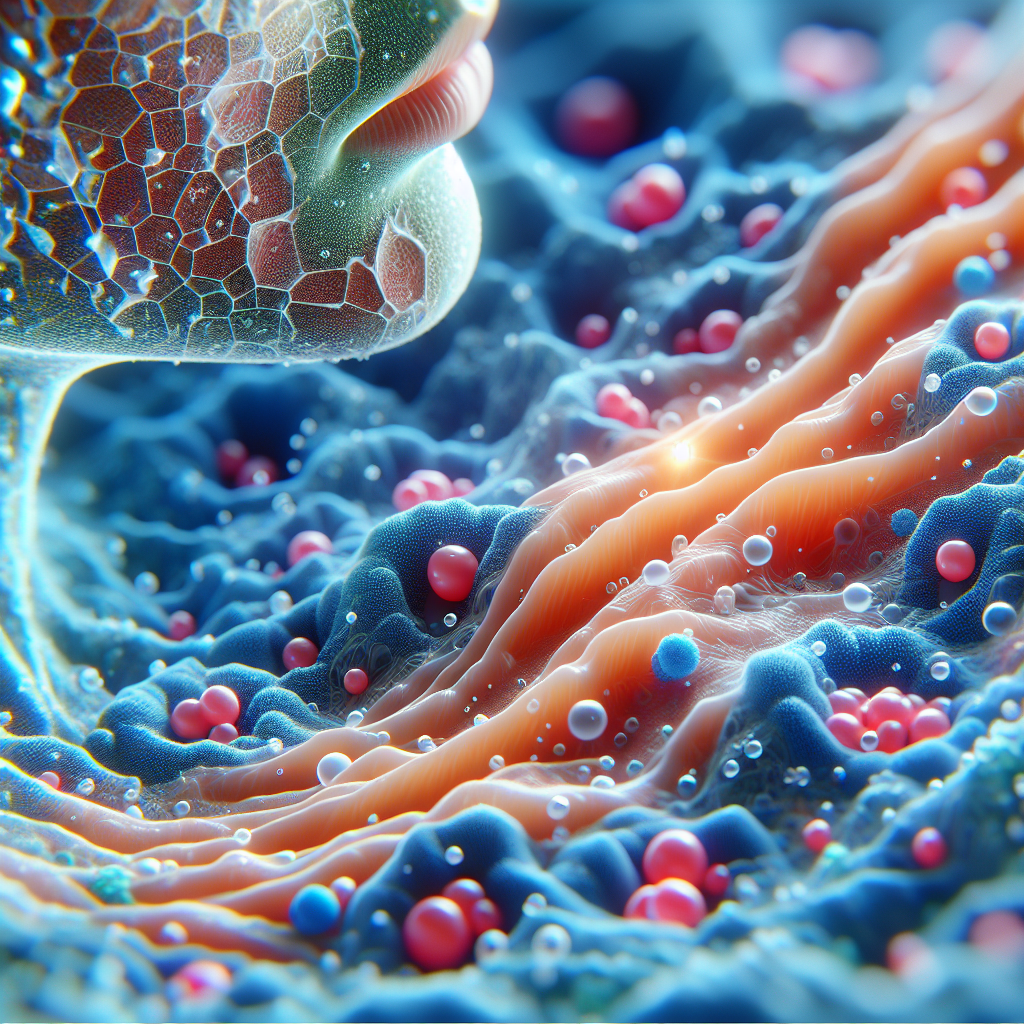Achieving clear, acne-free skin is a goal for many, but the road to that destination can be fraught with confusion and misinformation. One critical but often overlooked factor in the fight against acne is skin hydration. Contrary to popular belief, oily skin can still be dehydrated, and this lack of moisture can exacerbate acne issues. This article delves into the relationship between skin hydration and acne, and outlines effective treatment strategies that promote skin health.
Understanding Skin Hydration
Hydration refers to the water content within the skin cells, helping them to remain plump, elastic, and healthy. When your skin is properly hydrated, it can perform its barrier function more effectively, protecting against irritants and infection. Dehydrated skin, on the other hand, is more susceptible to a host of issues, including increased sensitivity, inflammation, and the acceleration of aging processes.
The Role of Hydration in Acne Development
Acne occurs when hair follicles become clogged with oil and dead skin cells, leading to the formation of pimples, blackheads, and cysts. Dehydrated skin may overcompensate for the lack of moisture by producing more oil, which can further clog pores and trigger breakouts. Moreover, insufficient hydration can lead to a buildup of dead skin cells on the surface, preventing them from shedding properly and exacerbating pore blockage.
For a more detailed understanding of skin health and its complexities, consider exploring Avix Health’s comprehensive guide on Skin Health.
The Impact of External Factors
Environmental factors such as weather changes, air conditioning, and heating can strip moisture from the skin. Urban pollutants and dietary choices also play a significant role in skin hydration levels. It’s essential to address these external factors by adapting your skincare routine accordingly and making lifestyle adjustments where possible.
Key Strategies for Maintaining Skin Hydration
To keep your skin hydrated and help manage acne, incorporate these strategies into your routine:
1. Use Non-Comedogenic Hydrators
Opt for moisturizers that are labeled non-comedogenic, meaning they are formulated to not block pores. Look for ingredients like hyaluronic acid and glycerin that attract moisture to the skin without adding excess oil.
2. Gentle Cleansing
Over-washing or using harsh cleansers can strip the skin of its natural oils, leading to dehydration. Instead, use gentle, pH-balanced cleansers that cleanse effectively without compromising the skin’s barrier function.
3. Regular Exfoliation
Regular exfoliation helps remove dead skin cells that can clog pores. However, it’s important to not over-exfoliate, as this can lead to irritation and worsen dehydration. Chemical exfoliants like alpha-hydroxy acids (AHAs) are often recommended for their ability to promote cell turnover without physical abrasion.
4. Protect Against Environmental Stressors
Incorporate products with antioxidants to combat environmental damage, and always apply broad-spectrum sunscreen to protect against UV rays, which can impair the skin’s ability to hold moisture.
5. Diet and Hydration
Ensure you’re drinking plenty of water and consuming a balanced diet rich in omega-3 fatty acids and antioxidants. These nutrients help maintain the skin’s lipid barrier, which is essential for retaining moisture.
6. Avoiding Irritants
Be mindful of potential skin irritants in your skincare products and makeup. Fragrances and certain alcohols can lead to dryness and irritation, which can throw off your skin’s natural hydration balance.
Advanced Treatments and Considerations
While over-the-counter products and lifestyle changes can significantly improve skin hydration and acne, some may require professional treatment and advice. Dermatological treatments such as retinoids, which are derived from vitamin A, can help regulate skin cell turnover and oil production, making them effective against acne. However, they can also cause dryness and irritation, so it’s crucial to use them under the guidance of a dermatologist.
For an in-depth look into the benefits of retinol and other topical treatments, you might find the article Analysing the Benefits of Retinol for Skin Rejuvenation to be a valuable resource.
External Resources for Further Information
- Explore the National Center for Biotechnology Information (NCBI) for peer-reviewed studies on the pathogenesis of acne and the role of skin hydration.
- The American Academy of Dermatology (AAD) provides comprehensive resources on skincare, including best practices for acne prevention and treatment.
- For insights into the effects of diet on skin health, visit academic journals such as the Journal of the Academy of Nutrition and Dietetics.
Conclusion
Maintaining proper skin hydration is a critical component in the management and treatment of acne. A balanced approach that includes gentle cleansing, careful product selection, and lifestyle modifications can create an environment where skin is less prone to acne breakouts. Remember to consult with a skincare professional to tailor a regimen that addresses your unique skin type and concerns.
For those with sensitive skin, the nuances of selecting appropriate products can be particularly challenging. To assist with this, the article Treating Sensitive Skin with Gentle Skin Care Products offers valuable guidance.
In summary, a well-hydrated and well-cared-for skin is not only the first defense against acne but also the cornerstone of a radiant, healthy complexion.



